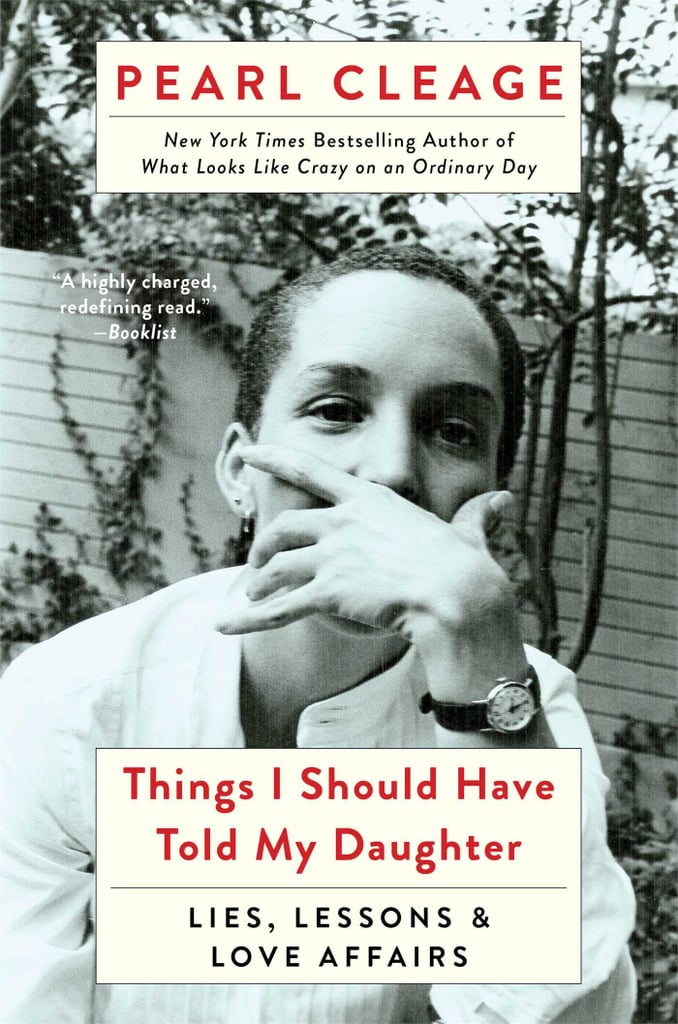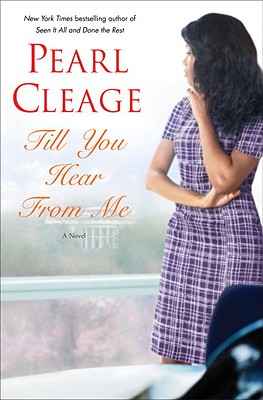
That allows us to see history in the eyes of an idealistic young woman, then a new mother, then someone who's on the edge of attaining her dreams - all perspectives for which we know the outcome but getting there, as they say, is half the fun. You know those nature shows where you watch a flower open in quick-time? That's what reading "Things I Should Have Told My Daughter" is like: We watch an accomplished writer blossom before our eyes, in a book written while she bloomed.īut that's not the only appeal here: Author Pearl Cleage gives us a front-row seat, not only to her life, but also to the social issues of the days in which she journaled. Yes, things happened that her granddaughter "probably" didn't need to know, but Cleage is overall "glad" she wrote them down anyhow. Her mother died as Cleage's career and her love life thrived. Still politically active, she honed her writing skills and became a playwright, columnist and author. Motherhood sometimes was.Īnd as her daughter grew, so did Cleage.

She didn't mention it to her then-husband, Michael Lomax, but she often wondered what their child might look like. Though it would alter her plans for her future, Cleage thought about having a baby in her mid-20s. Racial issues were on her mind a lot then, as was sexism and feminism. Politics and activism were a major part of Cleage's life then: She had many friends in the SNCC, had met Coretta Scott King, was a supporter of Angela Davis and, later, worked with Maynard Jackson. Twenty-one-year-old Cleage was at a party that night, commiserating with the wife of a friend on his way to jail.

There were lessons to learn, and Cleage chose to begin with Jan. She was there for much of it, after all, but Cleage wondered if the things her daughter never knew were just as important as the things she knew. So when Cleage offered to keep the journals for her granddaughter to read someday, Deignan turned her down, saying that the toddler didn't need to read them, either.ĭeignan figured she understood what happened in Cleage's life.

The "no" came as no surprise: as a 15-year-old, Pearl Cleage's daughter, Deignan, declined the opportunity to read her mother's journals. And in her new book, "Things I Should Have Told My Daughter," she explains why.

It's all written in your journal so you'd see where you came from and where you're going.īut would you want your children or grandchildren to read your journals, unedited, warts and all? Pearl Cleage thinks she might. Little hurts, schoolgirl crushes, firsts, lasts and thoughts. You've written that many times in your life.


 0 kommentar(er)
0 kommentar(er)
